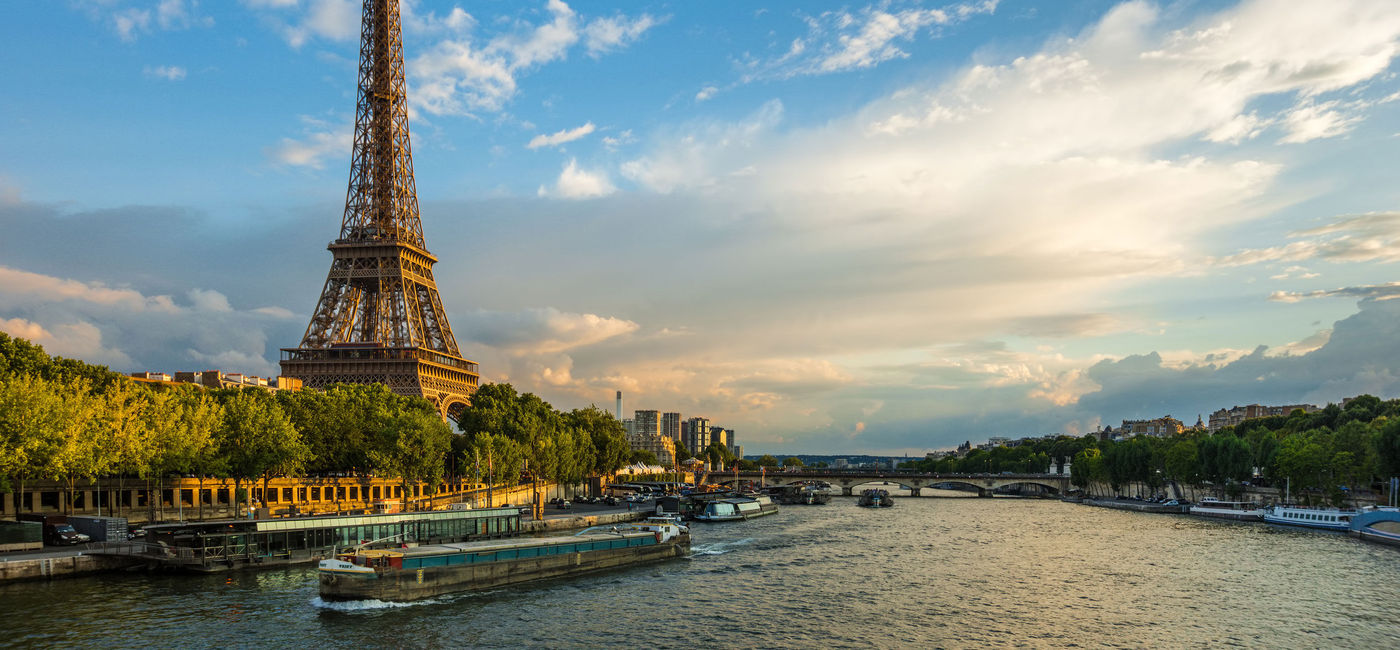Paris to Allow River Seine Swimming After a Century

The French capital city plans on making its storied River Seine the centerpiece of the Paris 2024 Summer Olympics and is conducting a massive clean-up of its water to enable the XXXIII Olympiad’s swimming events to be held in the river.
This would continue the tradition set by the first Olympic Games that Paris hosted back in 1900, when swimming competitions took place right in the Seine. In centuries past, Parisians often bathed in the waters of the river that runs through the City of Lights. That is, until 1923, when the practice was banned due to pollution.
Now, 100 years later, the city’s robust clean-up efforts—begun back in 2018 as a component of what the government has named the “Swimming Plan”—are well underway. Local authorities have announced that residents will soon be able to make use of those waters once again as part of Paris 2024’s lasting legacy.
The ambitious project comes with a price tag of €1.4 billion ($1.55-billion) and includes a pair of disinfection units installed at wastewater treatment plants operated by the Paris region’s public sanitation service, which will go into service starting this summer. Other new-build structures designed to aid in improving water quality, such as a rainwater storage basin, are currently being constructed.
Further reflecting its intention to make the Seine the 2024 Olympics’ piece de resistance, Paris plans to conduct the Olympics’ opening ceremony, which traditionally takes place within the host city’s Olympic stadium, will be held directly on the river, with at least 600,000 spectators expected to watch from its banks.
“At the Paris 2024 Games, the athletes will inaugurate swimming in the river with the Olympic events. A revival that will pave the way for aquatic leisure,” Paris’ City Hall said in a statement earlier this month.
Paris’ head of water cleaning services, Nicolas Londinsky, told CNN that preventing the primary source of pollution—bacterial contamination that comes from wastewater— from even reaching the Seine is their priority.
The municipal government has mandated that boat owners berthed along the river must connect to the city’s wastewater network, rather than discharging it into the water. Local authorities have also started rectifying the issue of subpar plumbing throughout Paris, which would sometimes cause wastewater to end up in storm drains.
Reportedly, the city’s efforts thus far have already improved water quality significantly. City Hall reported that an analysis performed in June revealed “excellent results” in terms of compliance with European regulations. And, testing in stretches of the Seine slated to be the sites of various Olympic races, conducted between July 20 to August 11, 2022, satisfied standards during 91 percent of the monitored period.
Assuming the city achieves its goals, the Olympic Games’ open-water swimming, triathlon and paratriathlon and competitions are set to take place near the iconic Alexandre III bridge. Then, starting in 2025, the public will be able to access the Seine for swimming at three designated sites: Bras Marie, Bras de Grenelle and Bercy.
“The swimming areas will be marked out by buoys and a pontoon to get to them, with spaces to change, shower and store your things on the quay,” City Hall said in a statement. And, officials have already identified about 20 more potential river-bathing sites in the greater Paris region.
